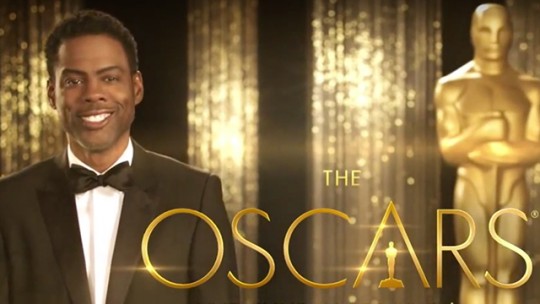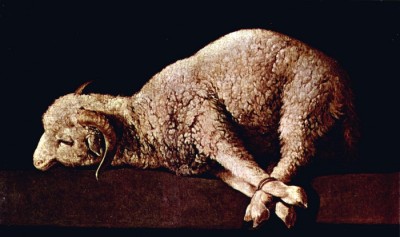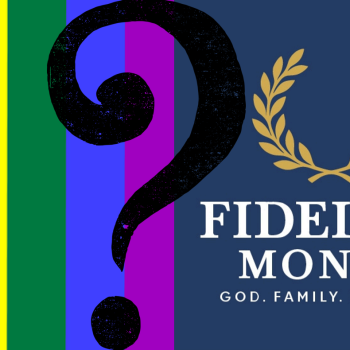 The Red Carpet. The fabulous stars. Millions of dollars’ worth of couturier gowns. Jewels that spend most of the year locked away in safes. The buzz about who came with a new man, whose marriage is on the rocks, who brought mom. And all this is before you enter the great hall where the Oscars will be awarded, for the Best Actors, Film, Scripts, Song.
The Red Carpet. The fabulous stars. Millions of dollars’ worth of couturier gowns. Jewels that spend most of the year locked away in safes. The buzz about who came with a new man, whose marriage is on the rocks, who brought mom. And all this is before you enter the great hall where the Oscars will be awarded, for the Best Actors, Film, Scripts, Song.
The whole thing reeks of money, power, bling – it’s a palace of pretenses. But not one to ignore, for it is built on the money all of us have paid, ten dollars at a time, to see the stories we need, the endless American narrative that tells us who we are in this world.
Who am I? It’s the hardest of questions, and the answer is always ongoing. Who am I in the midst of this life I am struggling through? The movies are the national campfire, where we all gather to try to figure out a few things.
We call it entertainment, this storytelling. But it is vital to being human. We are narrative creatures, we need our stories. Every candidate, every ethnic group, every lover, has to have one.
This year the top eight films include one about the arrival of an Irish girl in America, one about breaking the story of child abuse in the Irish Catholic Church in Boston, and one about our national mortgage scandal.
There’s one about drug-trafficking, one about a kidnapped, imprisoned mother and her child, two about survival by men left for dead, an astronaut on Mars, and a scout in the wilderness in settler days; betrayal is a theme in both films, real betrayal and resisting the temptation to betray.
One film is about an unsung hero of the Cold War Days. And for the life of me, though I’ve seen it, I’m not sure what Mad Max: The Fury Road is really about – other than how hard it is to survive in a violent world where nature is ruined.
The point is this: all these stories are about white people, about the pain white people feel, and God knows there is a lot of pain and it takes a lot of films to portray it. Each film asks that old communications question, Can you hear me now? And each Oscar is a Yes. Yes, we can.
But what about African Americans, Latinos, Asians, Arabs, Native Americans? Where are their stories, and why aren’t we listening, watching, wanting to know them, these neighbors, these Americans?
Why aren’t we paying attention to their pain that we don’t really understand – their coming of age, loving, working, failing, dying, being betrayed in families and neighborhoods that mingle America with another culture besides Ireland, and do it here, in the midst of most of us, who don’t give them a glance and don’t think well of them?
For decades, there has been murmuring about the near-absence of black American stories, black actors and actresses, in the Oscars. Yes, a few have risen, briefly, for one nomination or one prize. But Jennifer Lawrence has been nominated seven times, and she isn’t out of her twenties yet. That’s the kind of myopia in our seeing, the kind of selectivity in our hearing, that is at issue in our American story-telling.
In one way or another all this year’s films are about the parable that undergirds our culture: the parable of the lost sheep and the Good Shepherd. 
Lost – it’s one of Jesus’ repeated themes. Lost sheep, lost coins, lost sons, lost souls, lost hope, lost faith, lost love, lost chances, lost sense. And we all know we are lost, at some point in every day we feel it, the deep ache for which there are no words, our awareness that we cannot see the road ahead.
And Jesus tells us what the Good Shepherd, good housewife, good father of prodigals, good Samaritan, does for and with the lost. We have the courage to tell these stories. But Jesus also talks about the Bad Shepherd. About the men who passed by the beaten man in the road and didn’t stop. About the fellow who almost cut down his fig tree in anger at its fruitlessness, until the gardener stopped him.
And that seems to be the story we do not wish to tell – the story in which we are the betrayer, the thief, the mean elder brother, Pharoah in someone else’s freedom struggle.
Who are we? Really, who? In truth, we live all the roles. On Sunday, host Chris Rock, with the help of the Holy Spirit, will be asking, Can You Hear Me Now? And Jesus, who repeatedly said, Those who have ears, let them hear, will be saying Amen.
_____________________________________________________________________
Images:
1. 2016 Oscars Poster with host Chris Rock. oscars.go.com
2. Lamb. by Francisco de Zurbaran, 1638. Madrid, Spain. Vanderbilt Divinity School Library, Art in the Christian Tradition.













